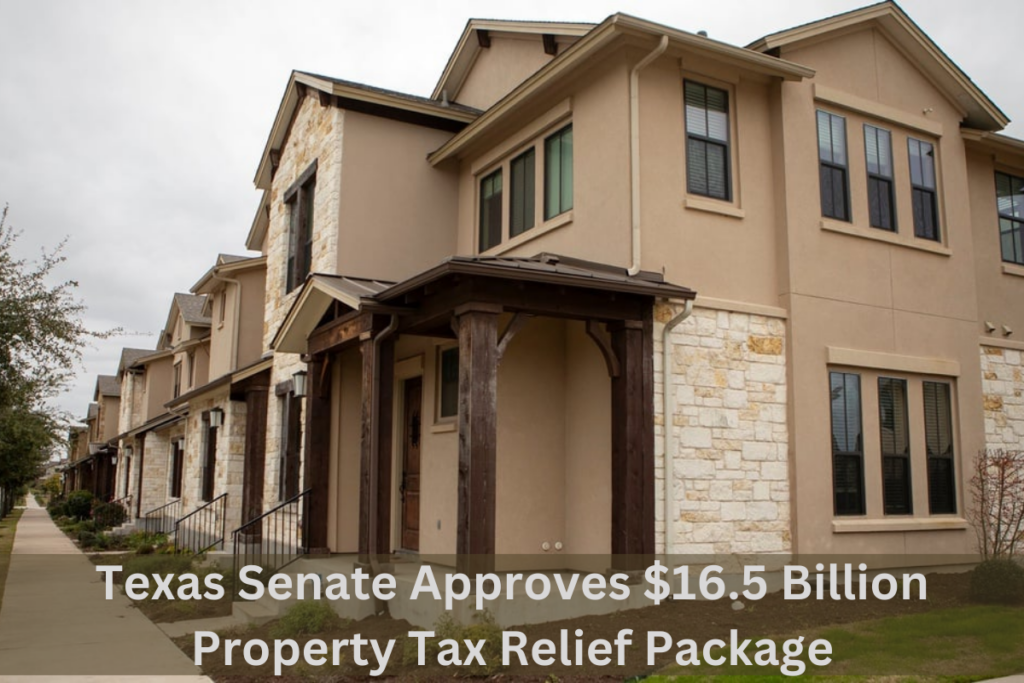Texas senators unanimously approved Lt. Gov. Dan Patrick’s property tax cut agenda for this legislative session on Wednesday, which would fund public schools with billions of state dollars and give homeowners and business owners more tax breaks.
“This is off-the-charts, incredible property tax relief for millions of Texas homeowners,” said Houston Republican state Sen. Paul Bettencourt, Patrick’s property tax expert.
The Republicans and Democrats Passed All Three Bills
Republican leaders wanted the Legislature to use part of a historic $33 billion state surplus to lower property taxes before the session. The Senate proposes Patrick’s $16.5 billion package in three priority bills.
Senate Bill 3, which would raise school districts’ homestead exemption, is senators’ favorite part of the package. Bettencourt’s bill would increase the tax-exempt value of a home from $40,000 to $70,000, with an additional $20,000 for seniors. The proposal would save homeowners who pay the state’s average school tax rate of $341 and seniors $227 annually.
Republicans and Democrats passed all three bills. After all three bills passed, Patrick said, “It is an excellent testament to Republicans and Democrats working together for all their constituents.
Senate Bill 4 was passed, but senators were less confident. That bill would require the state to spend at least $5.38 billion on public schools, accounting for most Texas property taxes. That’s on top of the $5.3 billion Senate budget writers have proposed for property tax cuts over two years.
The bill, which amends a 2019 landmark school finance law, cuts school property tax rates by 7 cents per $100 in property value. That would cut $210 from the property tax bill of a $300,000 home in the state’s average school district.
Senate Democrats cautioned that Texas wouldn’t have the federal stimulus dollars that have flowed in during the COVID-19 pandemic to cushion the state if the economy falters. State Sen. Nathan Johnson, a Dallas Democrat, said sales taxes might need to be raised to cover school funding shortfalls.
“We’re doing something that’s popular, we’re doing something that provides genuine tax relief for people,” Johnson said. “And it could require us to make some difficult decisions in the future.”
State Sen. Sarah Eckhardt, an Austin Democrat, seconded that notion.

